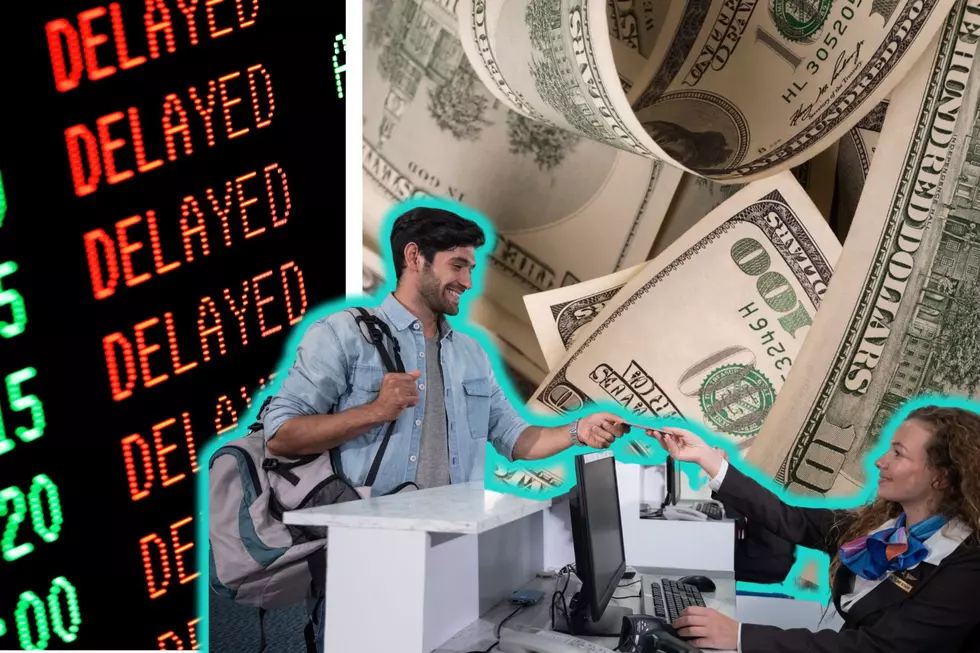
How Can NJ Customers Fight Back Against Record-High Bank Fees?
According to the 18th annual checking survey from Bankrate.com, consumers are facing record levels for ATM and overdraft fees. So, how can they defend against the trend?
The average out-of-network ATM fee is now $4.52, which is a 21 percent jump over the last five years. The average overdraft fee is $33.07, up 9 percent since 2010.
Although this may sound like doom and gloom, consumers do have choices that can often help them avoid these fees altogether.
"Consumers really should be educated," said John McWeeney, President and CEO of the New Jersey Banker's Association. "They should be shopping for their services."
He said that each bank has their own unique set of products and services.
"The consumer, I think, has an opportunity and a responsiblity to themselves to be good shoppers for banking services," McWeeney said.
Bankrate.com chief financial analyst Greg McBride said these fees are often low-hanging fruit for banks to make revenue, but there are numerous ways to protect your wallet.
"Even though fees continue to move up and even though we continue to see record highs on both ATM fees and overdraft fees, you are not hostage to these higher fees," McBride said. "They do remain completely avoidable."
McWeeney and McBride said that consumers should take the extra time to plan out where and when they will withdraw money from and use their bank's ATM network to avoid the costly fees. Other tips include: using debit cards for purchases, getting cash back via point-of-sale purchases, and setting up apps on your phone to ensure you know the locations of your bank's ATMs.
Both expect the ATM fees to continue to jump. McBride said many customers are already taking these extra steps to avoid the ATM fees, so the cost fro banks to maintain the network is spread over fewer transactions.
They also offered several steps to steer clear of the hefty overdraft fees: setting up balance alerts for cell phones and email, maintaining a certain balance, direct depositing work pay and social security, and linking checking and savings accounts in the event you mistakenly overdraft.
McWeeney also reminded consumers to keep the relative costs in perspective since banks do have expenses that are constantly on the rise.
"When you look at the fees that are being paid and if you compare that to what people are paying for a cup of coffee at Starbucks, seems to me like it's a pretty good deal," McWeeney said.
"Take the steps necessary to avoid the fees," said Greg McBride, Bankrate.com's chief financial analyst. "Regardless of how high they go, there are plenty of people that never pay them. You can be one of those people."
More From WPG Talk Radio 95.5 FM










